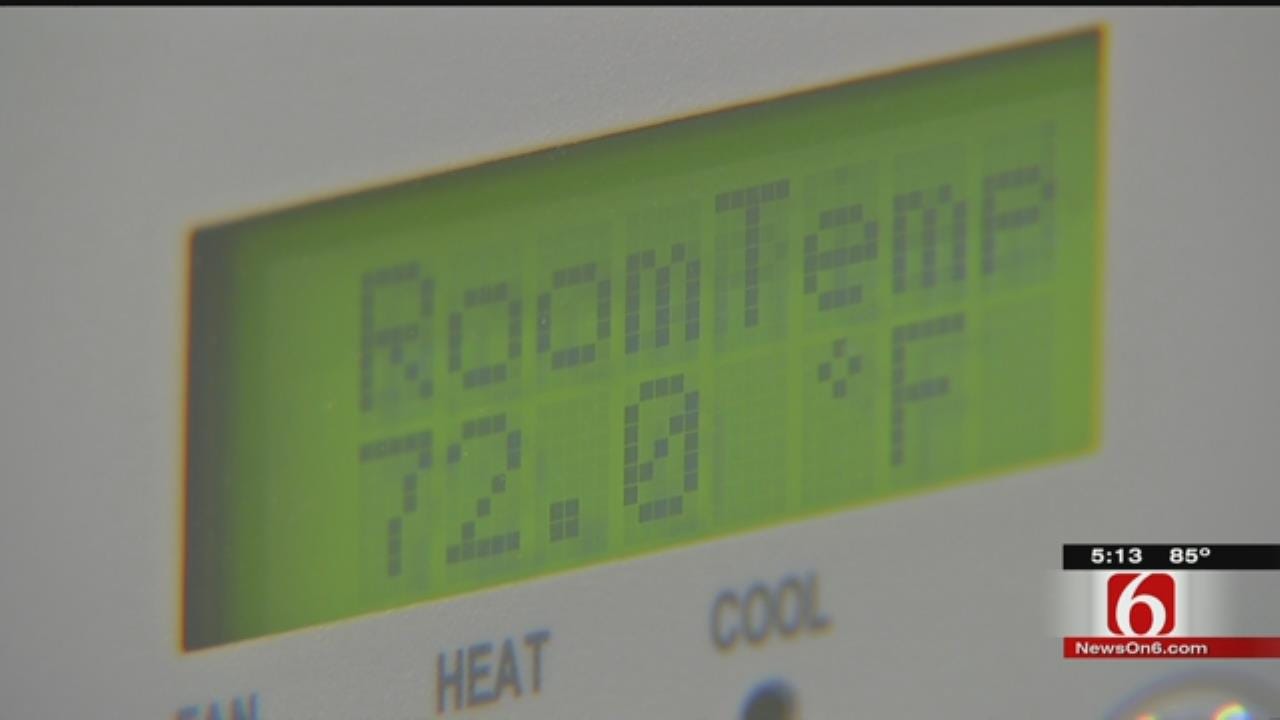Fresh Air In Classrooms Could Improve Test Scores, TU Study Shows
A TU research project on air quality says many classrooms are too hot and stuffy. Research shows increasing fresh air might help test scores.Tuesday, September 22nd 2015, 6:01 pm
A University of Tulsa research project on air quality says many classrooms are too hot and stuffy for children to do their best.
It's one of the first studies to show a direct correlation between fresh air and test scores.
The research shows simply increasing fresh air might help test scores because children are doing better in classrooms where there's plenty of cool, fresh air.
With a carbon dioxide monitor, Dr. Richard Shaughnessy, of the University of Tulsa, believes it's possible to predict student performance in the classroom.
That's because he's found a connection between cool, fresh air and better test scores.
“Improving ventilation, bringing in more outdoor air and lowering temperatures in the classroom dramatically improves students’ ability to achieve,” Shaughnessy said.
Effects Of Classroom Ventilation Rate And Temperature On Students' Test Scores
TU researchers studied air quality in 140, fifth-grade classrooms. They found a significant association between the amount of ventilation and math scores - and math scores were higher in classrooms where the air was colder.
Scores went up 12 points with each 1-degree drop in temperature.
“So, around 72 or 73 is an excellent temperature to strive for,” Shaughnessy said.
The problem, according to Shaughnessy, is that schools either cut costs by raising the temperature, or they've made buildings almost airtight and recirculate stale air.
He said, “Most of the classrooms we studied are under-ventilated and overheated, and students aren't able to achieve and do well under those conditions.”
In Broken Arrow, the district is working to move students into newer buildings with better ventilation, in particular out of portable buildings.
“As we move into our permanent structures our teachers talk about how they don't have allergy problems and you can just tell the atmosphere is much more comfortable,” said Michelle Bergwall, with BA Schools.
Shaughnessy said their research was done outside Tulsa, but most schools have similar results - not enough air, not enough air conditioning for students to do their best.
He said that while more air conditioning costs money, new ways to be efficient can make it even out dollar-wise. And he believes schools need to consider the value of better performance with better air.
You can learn more about the study here.
More Like This
September 22nd, 2015
January 2nd, 2025
September 29th, 2024
September 17th, 2024
Top Headlines
January 18th, 2025
January 18th, 2025
January 18th, 2025
January 18th, 2025















